Ionian Poise
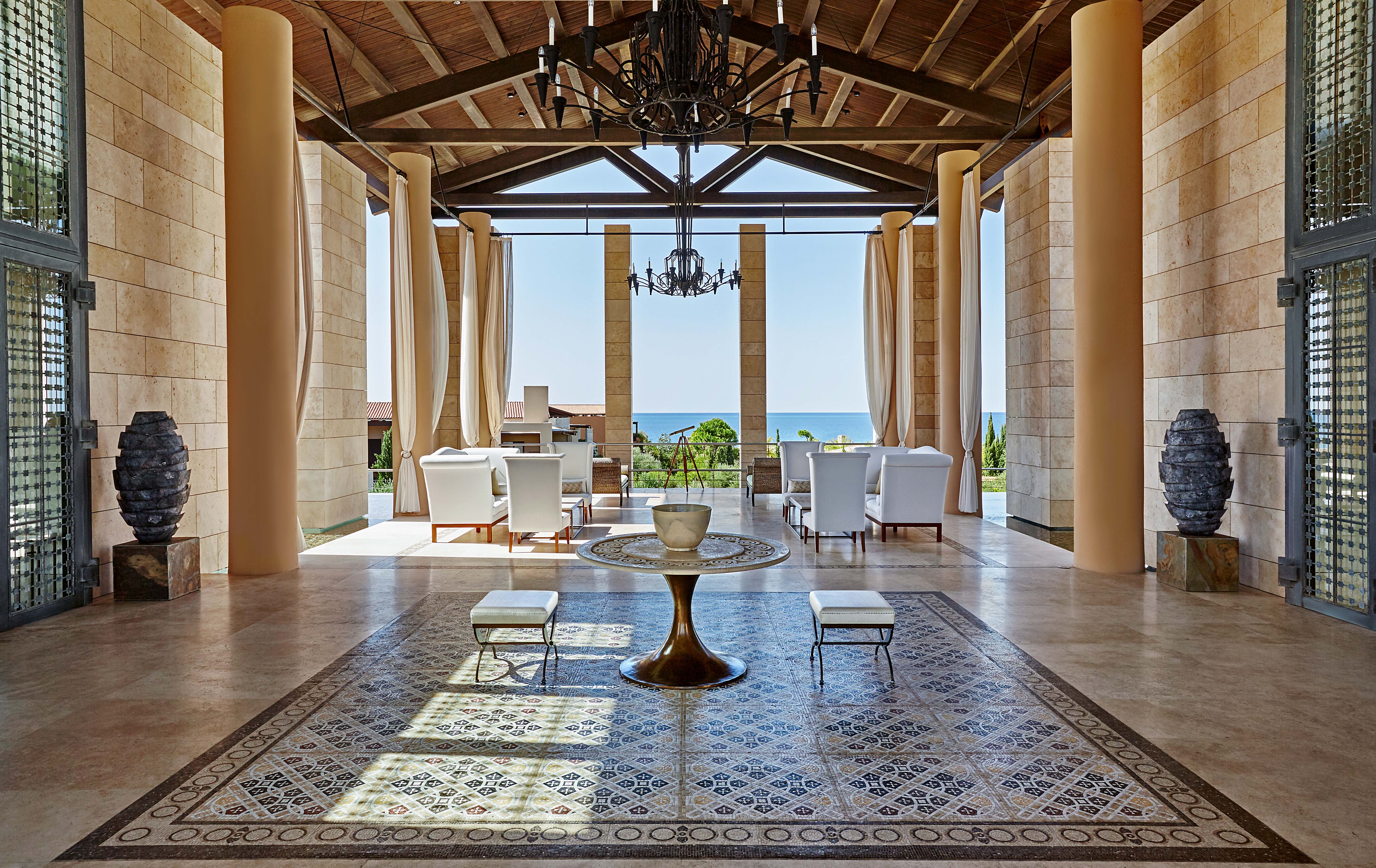
When I arrived at The Romanos, a Luxury Collection Resort, I quickly sensed why Costa Navarino has become a benchmark for considered luxury in Greece. This stretch of the southwestern Peloponnese—specifically Messinia—carries a depth that predates tourism by millennia. From the hills to the Ionian shoreline, the landscape reveals layers of ancient civilisations, maritime stories and agricultural tradition.
The resort is part of the long-term vision of TEMES, the company founded by the late Captain Vassilis Constantakopoulos. His ties to Messinia run deep, having grown up on this land long before it was imagined as a world-class destination. His family still owns the majority of TEMES (around 75%), while the remaining share belongs to the Olayan Group. Their partnership has shaped Costa Navarino into a development that avoids the clichés of resort expansion. Instead, it protects local character and elevates it.
Walking through the grounds, I observed how deeply the project respects its environment. Thousands of olive trees—some truly ancient in appearance—were carefully relocated during construction rather than removed. The landscape design highlights these trees as living monuments to the region’s agricultural past. Everywhere I turned, I encountered stone from Messinian quarries, natural textures, and pathways that follow the land’s natural curves. The resort integrates into the terrain with harmony and intention.
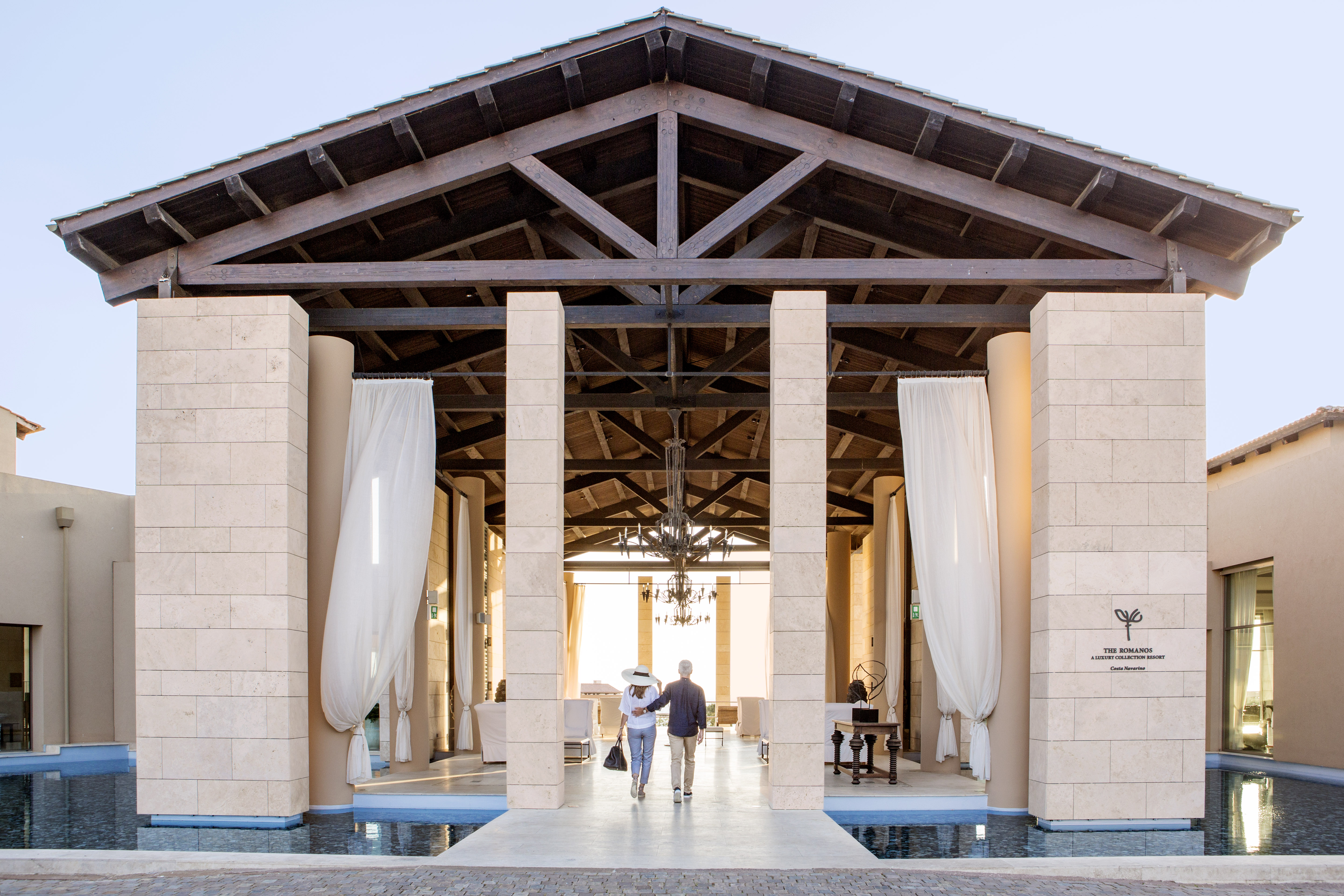
Although I am not a golfer, it is impossible to overlook the importance of golf to Costa Navarino’s identity. The destination hosts four 18-hole signature courses, each with its own setting and design philosophy. I watched players move between sea-view fairways and hilltop greens, fully aware that this is one of the most comprehensive golf offerings in the Mediterranean. Even as an observer, the sheer scale and precision are impressive — a reminder that the resort caters to an international clientele that values both sport and surroundings.
The Naxos Apothecary collaboration, however, spoke directly to my personal interests — and earned my highlight for this piece. The Romanos worked with the heritage-inspired Greek brand to create an exclusive line of fragrances and wellness products. Each item carries the aromatic identity of the region: thyme, rosemary, sage, lavender, wild herbs that thrive under Messinia’s sun. Their signature scent filled my suite with something I can only describe as an herbal breeze shaped by the land itself. At the Anazoe Spa, these elements come to life through treatments steeped in local traditions, including the use of olive oil, aromatics and regional minerals.
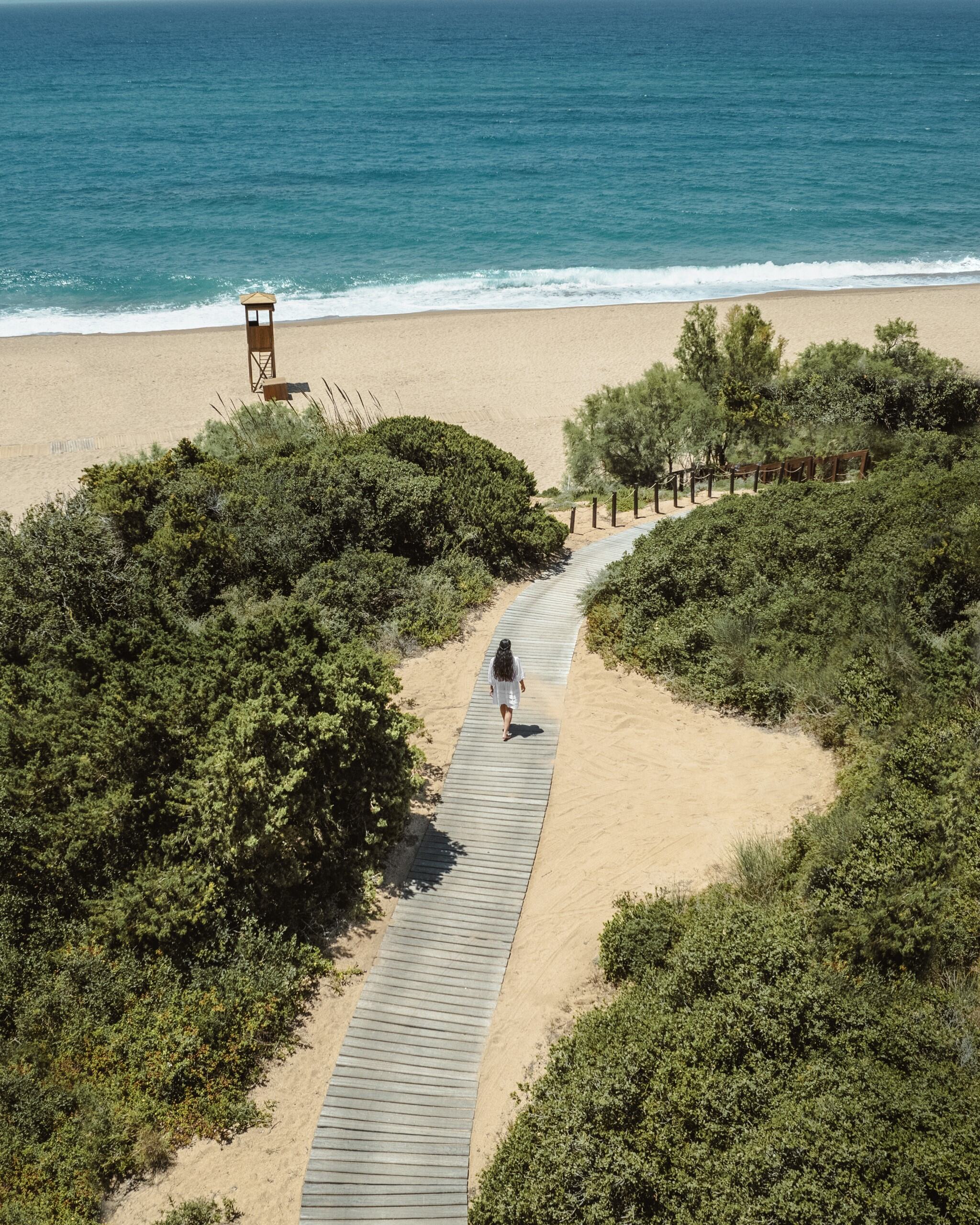
During my stay, I spent time exploring Pylos, the nearest town and one of the Peloponnese’s historic jewels. Built in an amphitheater around the bay, it feels both intimate and storied. This is the land associated with King Nestor in Homer’s epics, and the archaeological sites nearby continue to reveal new layers of history. Pylos is quiet yet purposeful, shaped by fishing boats, family-owned cafés, sun-washed houses and a sense of place untouched by the rush of modern life.
Food at The Romanos continues this dialogue between land and tradition. The resort’s culinary philosophy leans toward authenticity, focusing on produce from local farmers, olive oil from regional groves, and recipes that reflect the Peloponnese without overwhelming them. Whether at a beachfront restaurant or one of the more refined indoor dining spaces, the approach is grounded, fresh and reflective of Messinia’s generational food culture.
What impressed me most throughout my stay was the atmosphere — serene, expansive, and deeply tied to the landscape. I often found myself pausing to observe the Ionian Sea from the resort’s many terraces. The light changes with a slow, almost ceremonial rhythm: mornings are crisp and luminous, afternoons take on a golden hue, and evenings fall gently over the olive-lined slopes. There is a grounding effect in being here, surrounded by elements that feel both ancient and continually renewed.
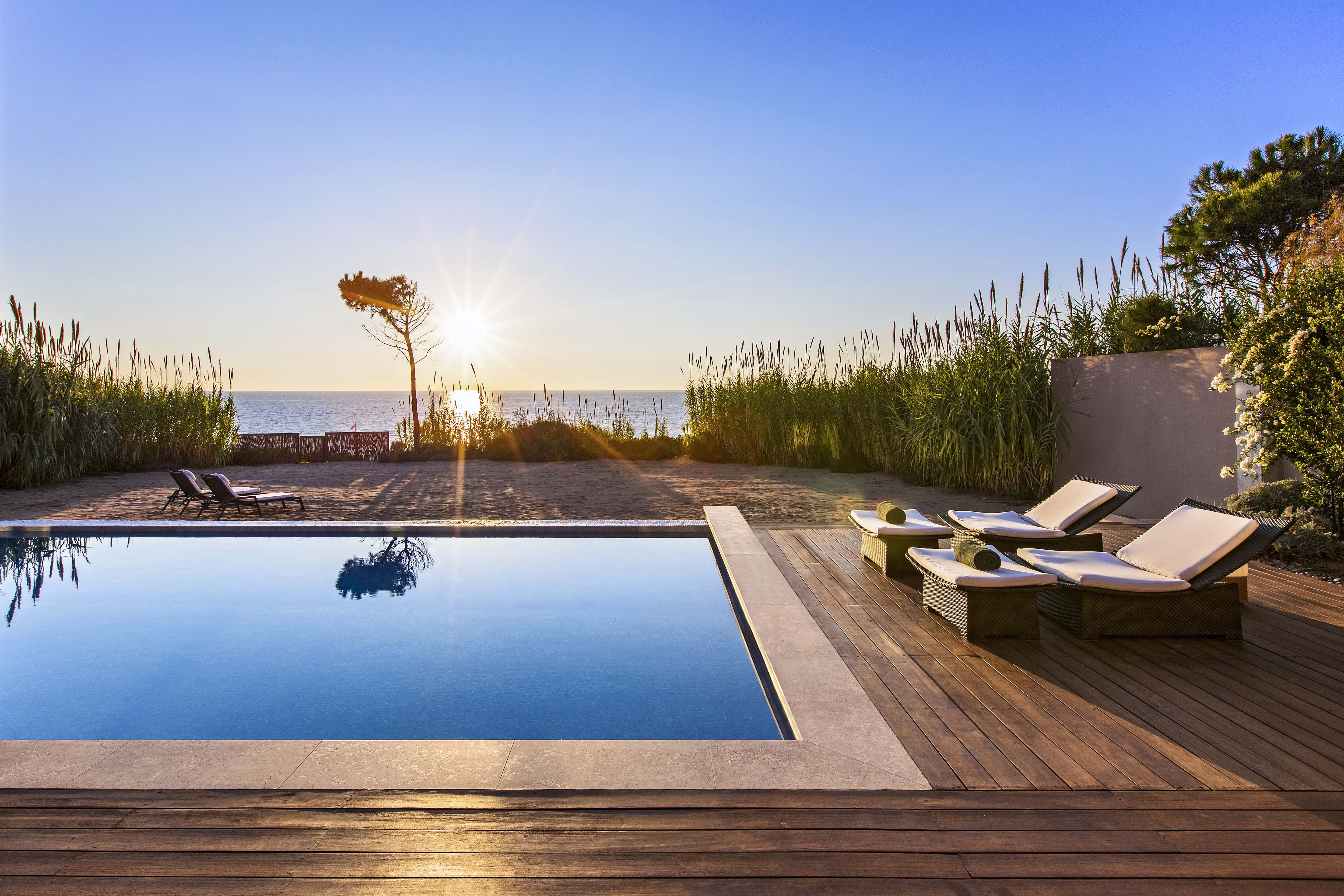
As a luxury travel journalist, I encounter many properties that rely on spectacle or thematic storytelling to express prestige. The Romanos relies on none of that. Its strength lies in authenticity — in the decision to elevate the natural setting instead of overpowering it. The owners’ commitment to Messinia resonates in every detail: the preservation of flora, the collaboration with local artisans, the enhancement of regional cuisine, the showcase of Greek botanical heritage through The Naxos Apothecary, and the deep respect for Pylos and its history.
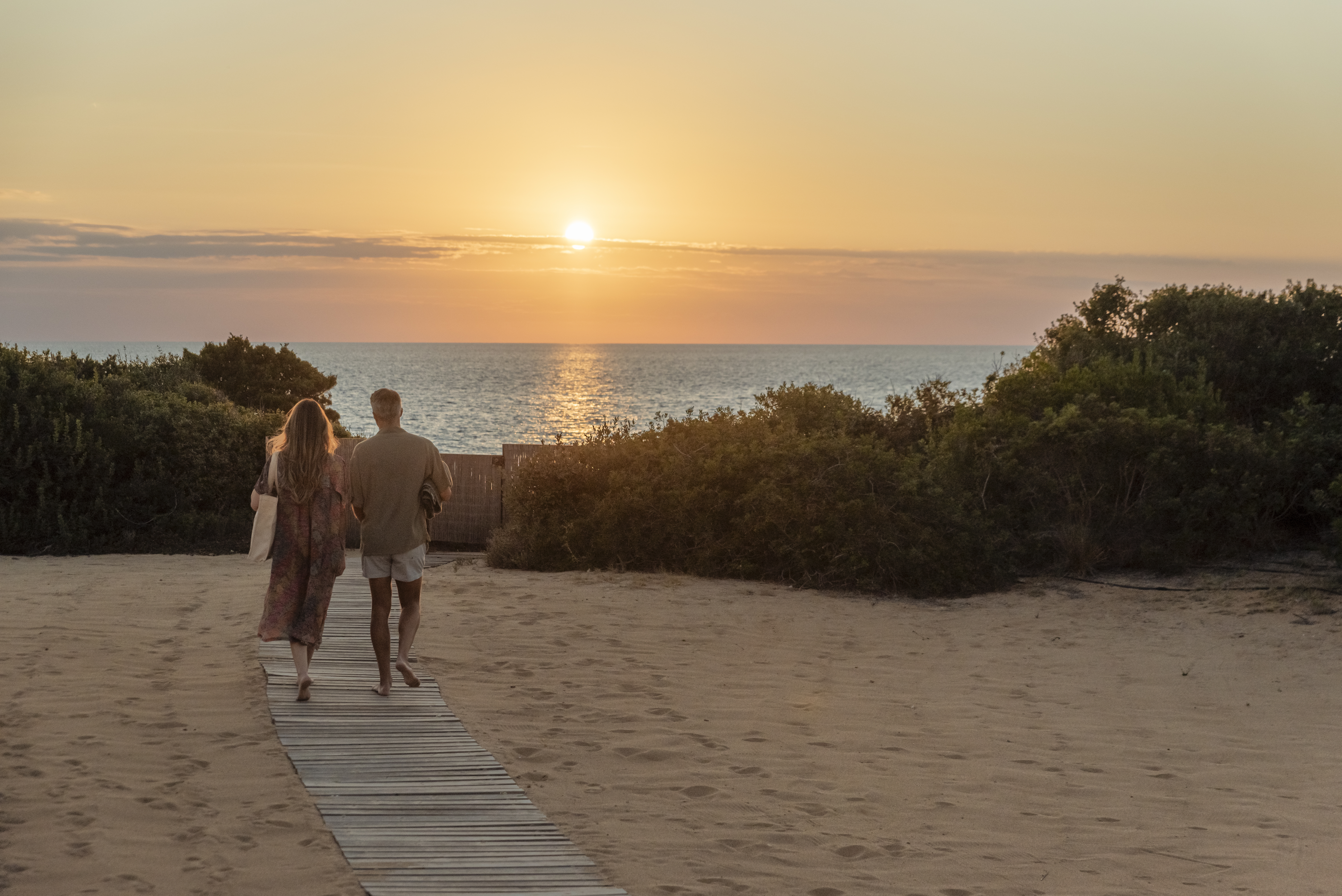
Costa Navarino is an example of what carefully considered luxury can achieve. For guests arriving from the Middle East — especially readers of L’Officiel Arabia — the appeal is immediate: privacy, refinement, depth, and a sense of grounded luxury shaped by land and legacy.
Leaving The Romanos, I carried a memory of the Peloponnese that goes beyond resort experience. It is a destination that stays with you — not through extravagance, but through presence, heritage, and a powerful connection to place.
@romanoscostanavarino @costanavarino @thenaxosapothecary
related posts
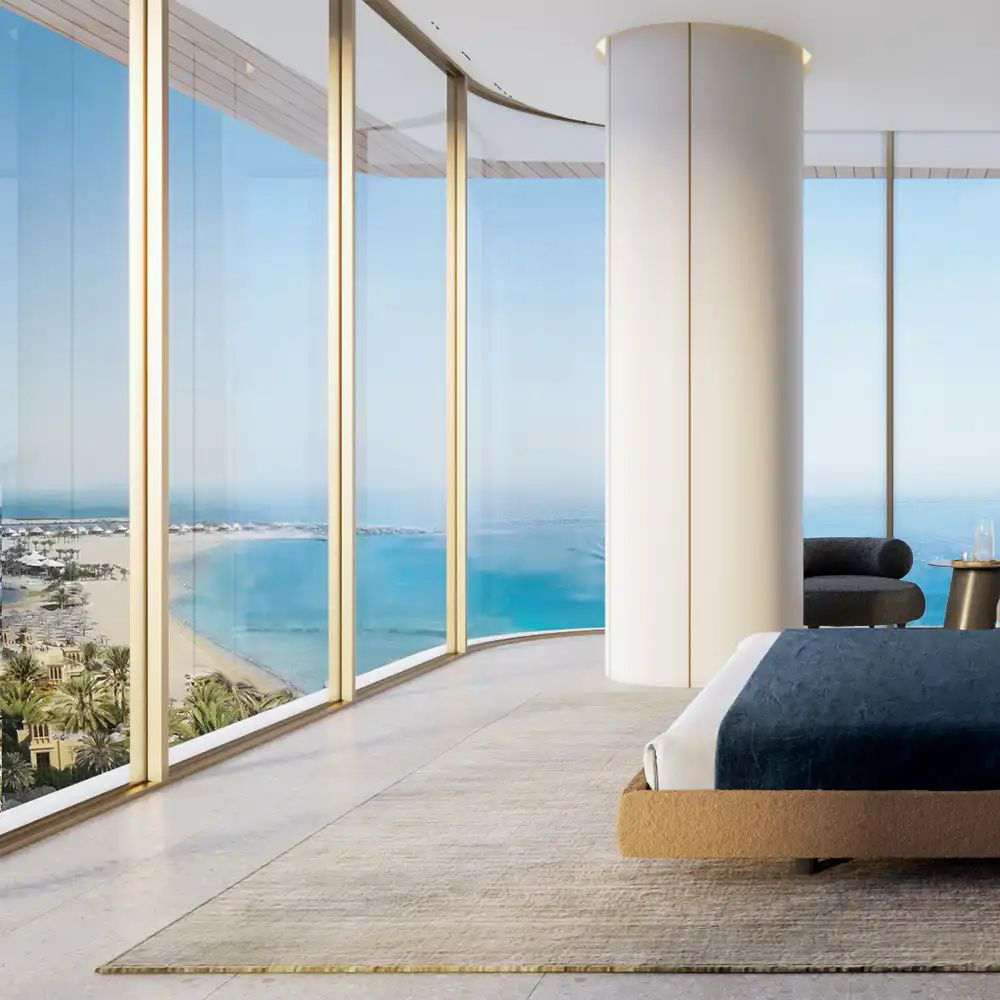
Travel & Living
Pininfarina Brings Palazzo Tissoli to Al Marjan Island
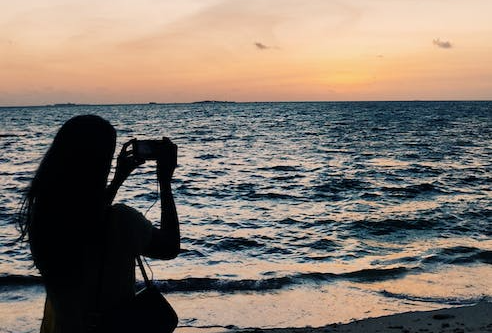
Travel & Living
Seven Destinations to Visit for a Perfect Instagram Page
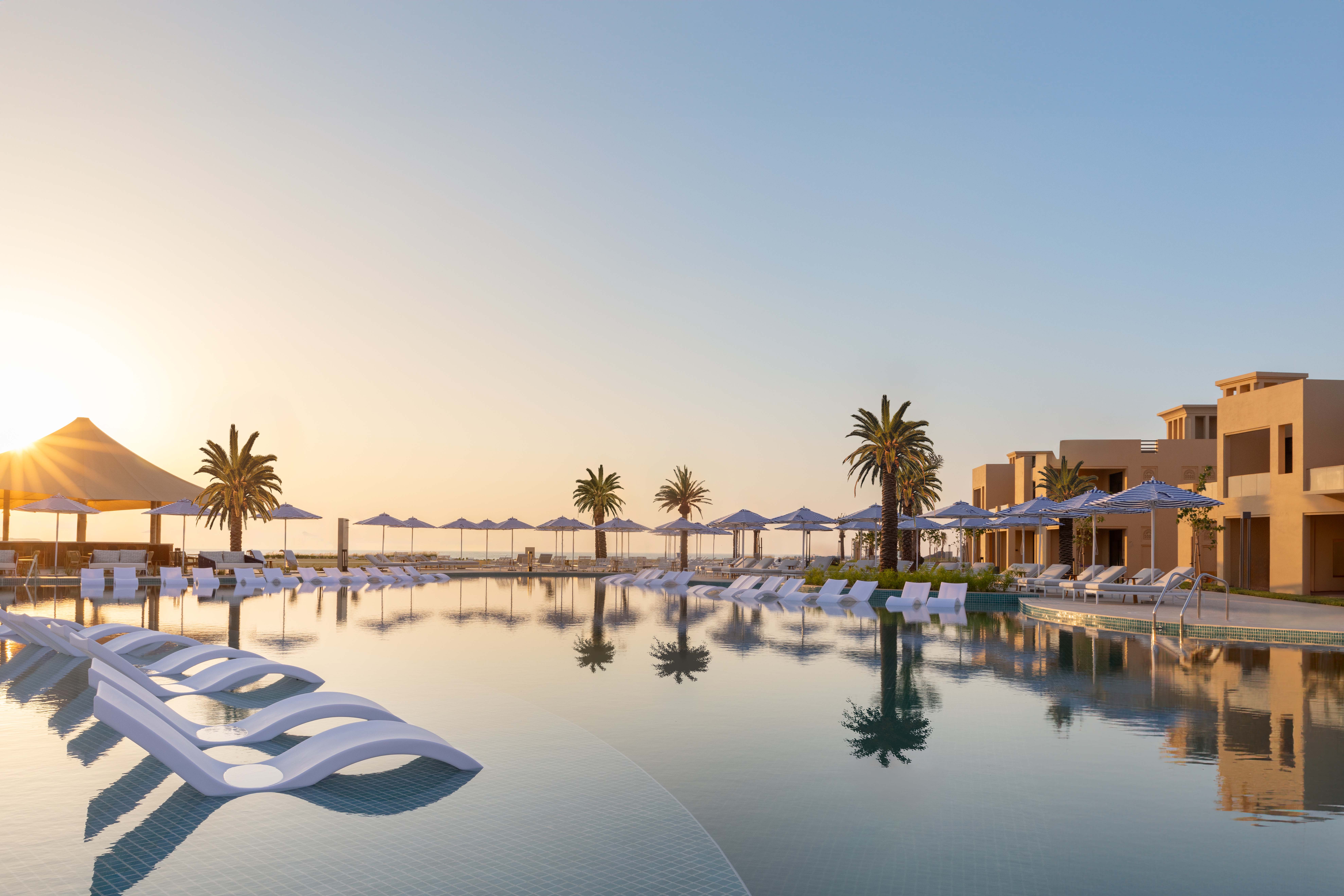
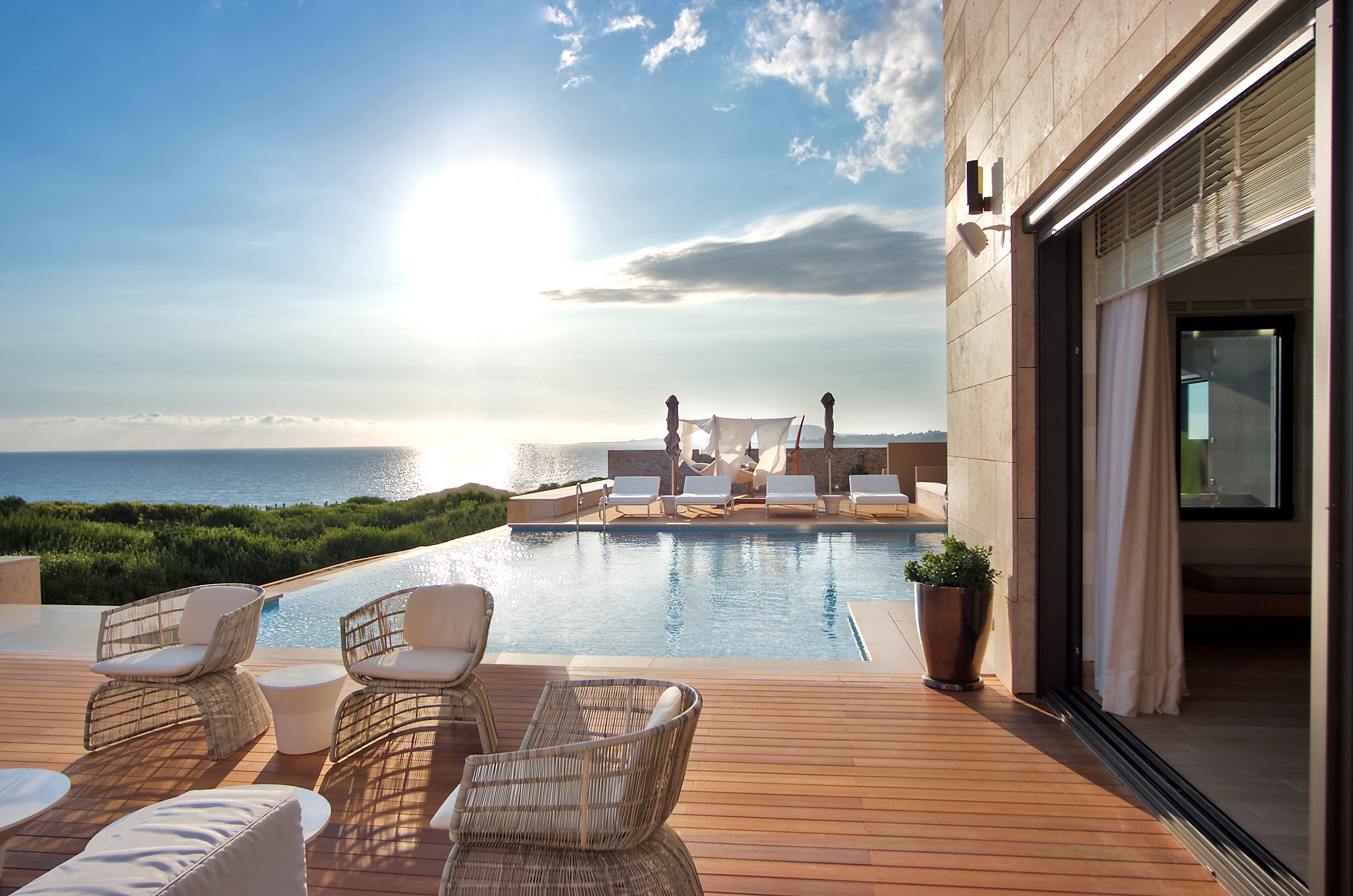
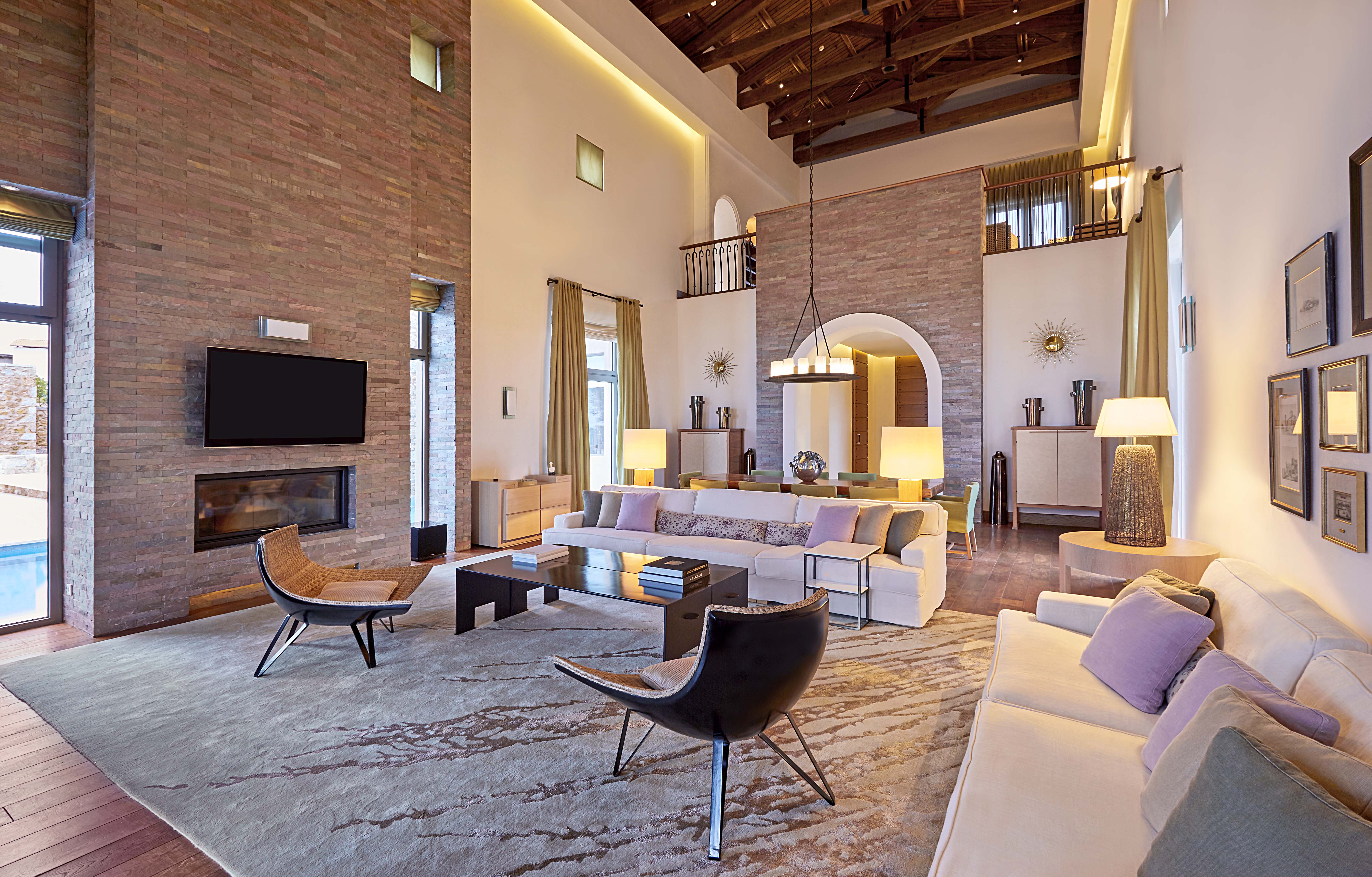
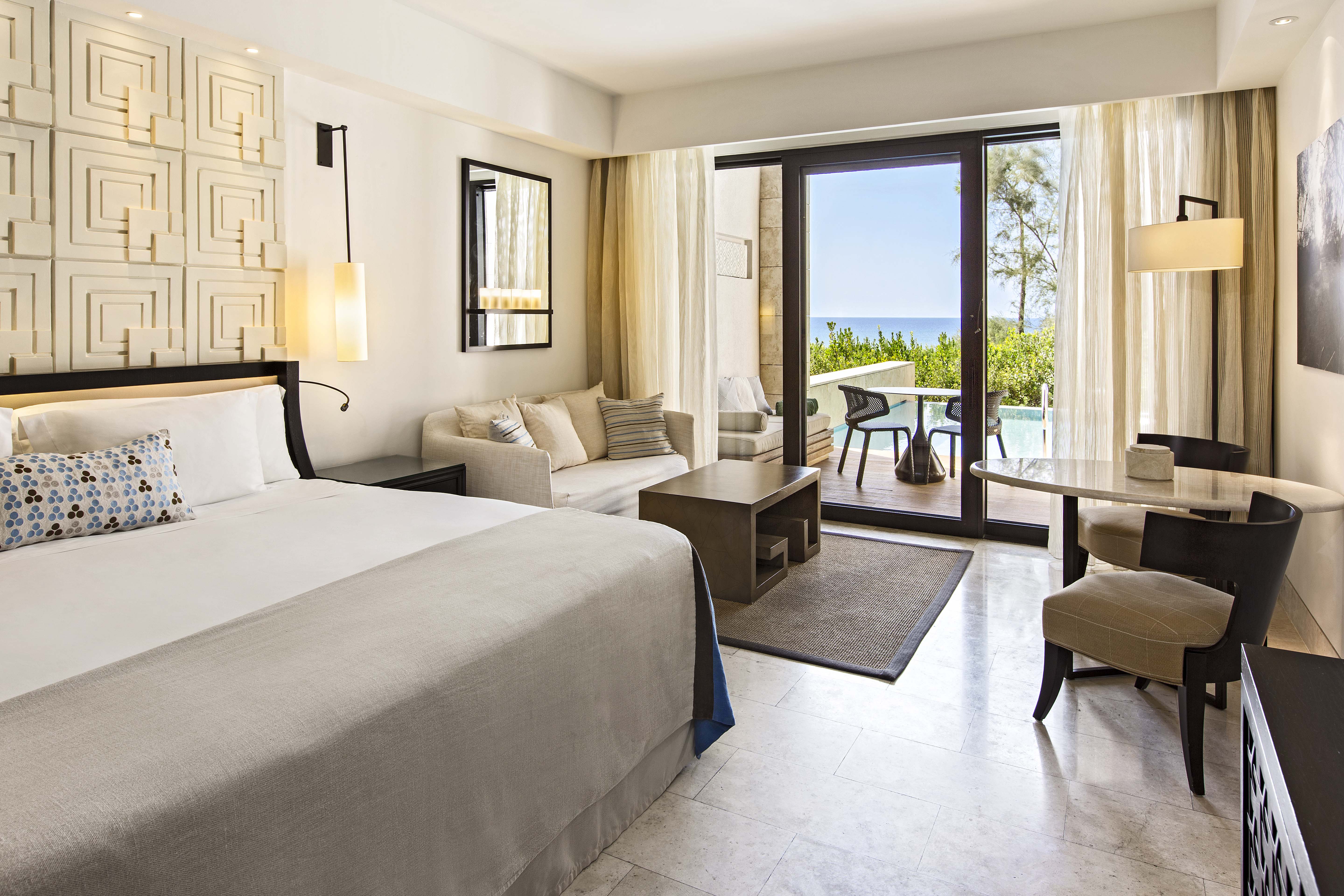
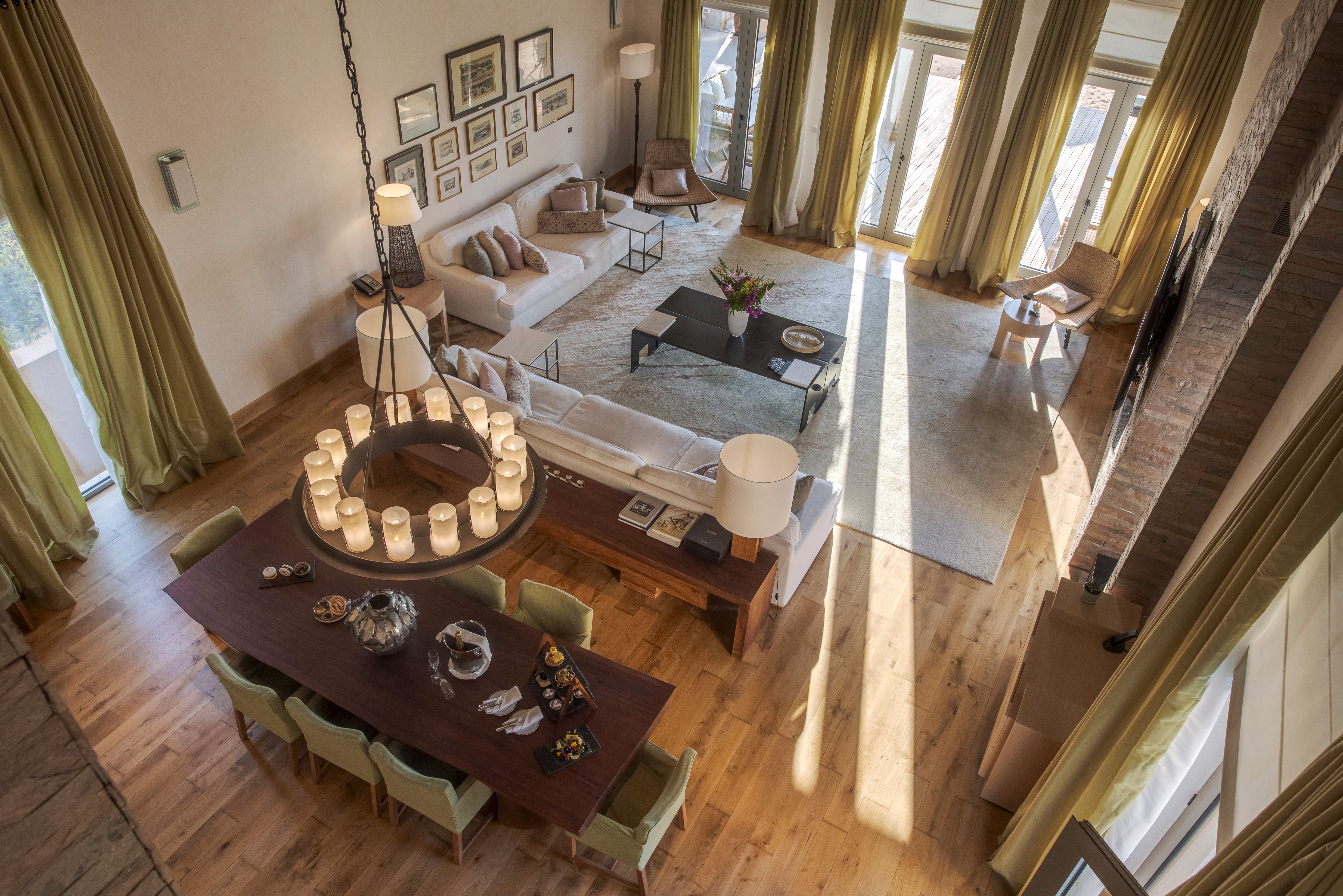
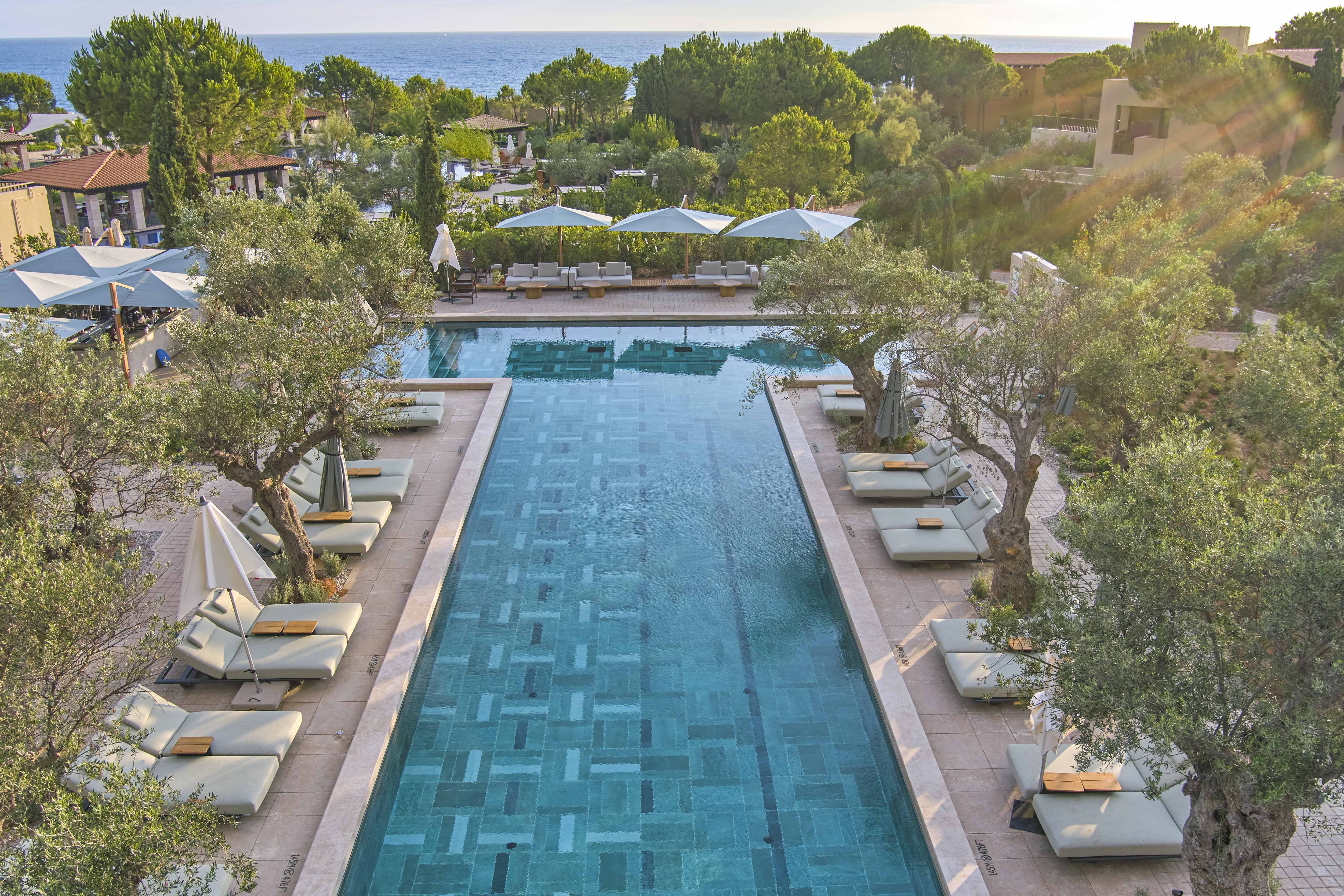




.jpg)

